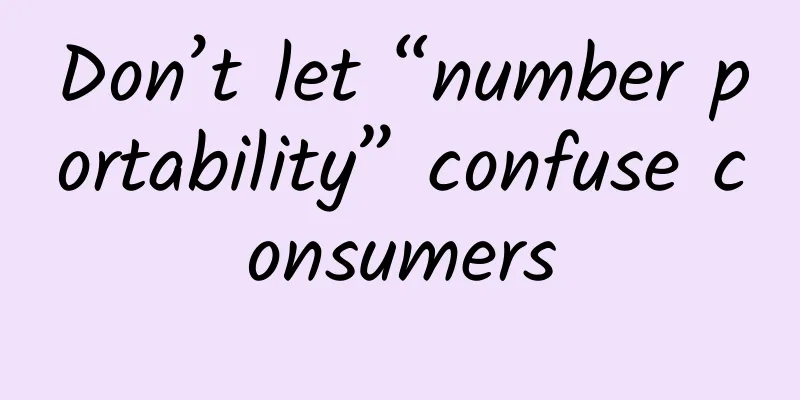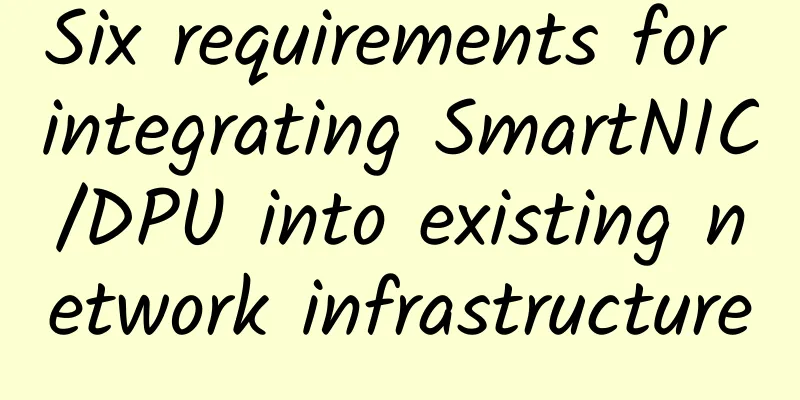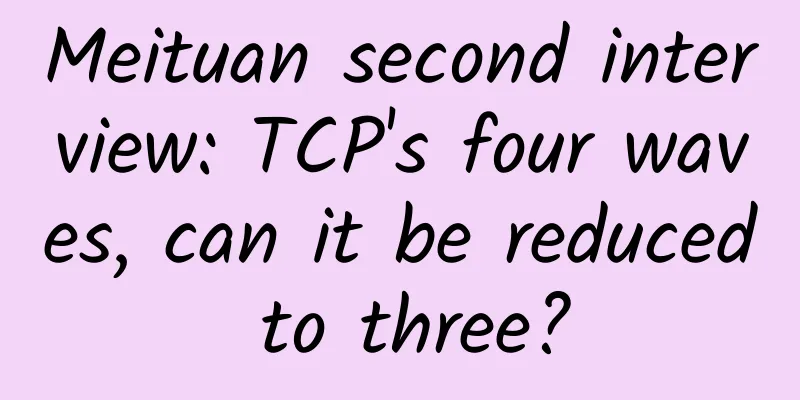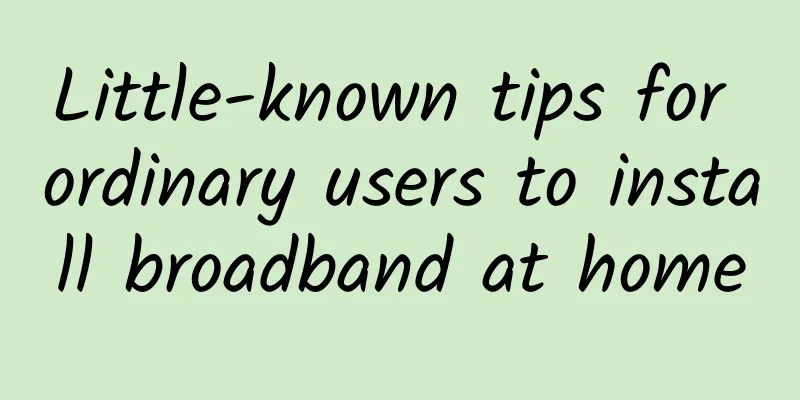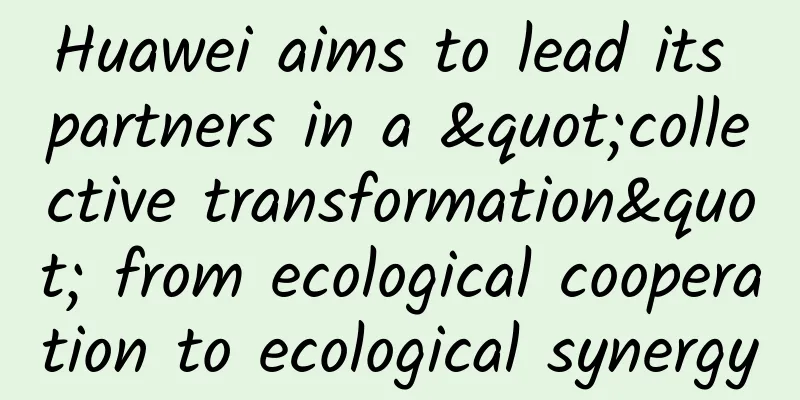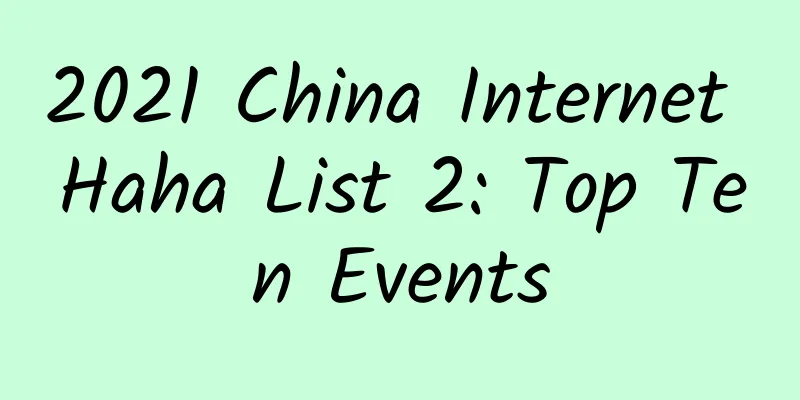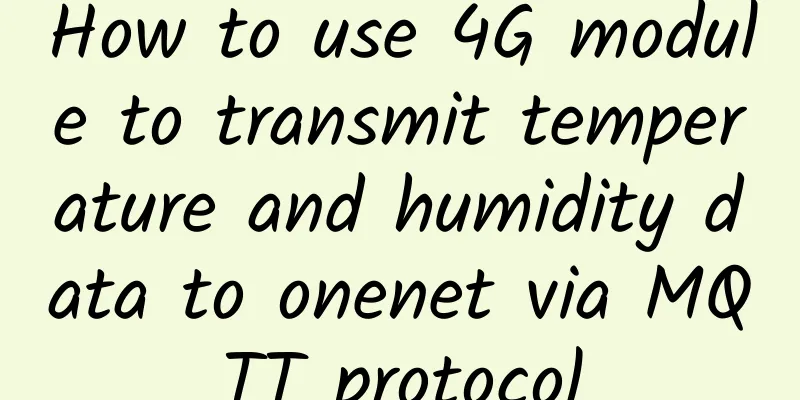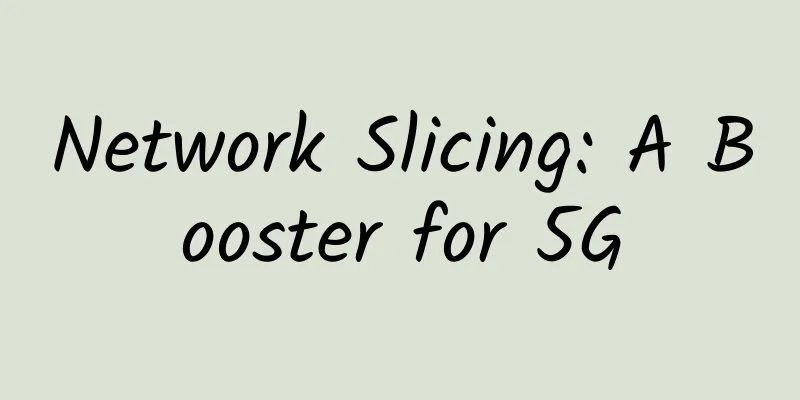Is Matter worth the wait?

|
An ambitious new smart home networking standard is on the horizon. It's called Matter, and it promises to make connections between your various smart lights, smart speakers, smart TVs, smart cameras, and smart sensors more stable and seamless. Thread, a new wireless format that works well with Matter, has already trickled down to a number of products, but it's far from ubiquitous. For those looking to drag their homes into the future, is it worth waiting until Matter is released before investing in new gear? What is Matter?Matter is a way for your home devices to talk to each other. It is built as a mesh network, so communication does not rely on a single central node, such as a Wi-Fi router. This helps solve network coverage issues in larger homes, while also providing flexibility for device replacement and expansion. If one device leaves, alternative communication paths are quickly established through various IP-based networks. Thread networks still require so-called border routers to orchestrate their connections, but this function is not a separate piece of hardware but is bundled with some devices. What is the difference between Matter and Thread?Thread is one of the main underlying technologies that the Matter standard is built on. But it's not the only one, mind you. Time-tested Wi-Fi and Ethernet will also be involved in connecting Matter devices together, while Bluetooth can help with the initial connection and as a backup. What Matter does is serve as a common network foundation for the connected home platforms we know, such as Google Home and Apple HomeKit. With this shared foundation, devices from multiple manufacturers can easily connect to each other, at least that's the promise of Matter. Why should I use Matter devices in my home?The main reason for interest in Matter in the home is interoperability. If you have smart home devices from multiple manufacturers, and from phones, tablets, and PCs that are also from different types, they don’t always work well together. In theory, Matter should offer more consistency despite the wide range of platforms in use. Thread, while separate from Matter, should be able to provide access over longer distances and even support low-power devices that don't need to be plugged into an outlet. Mesh networks should also provide more stable connections due to the additional redundancy. When can you use Matter?Although new devices have supported Thread for more than a year, we won’t see the official release of the Matter standard until this fall. Of course, it’s hard to say at the moment because it has been delayed twice. So should we wait until Matter is released before buying new devices?Normally, since we are just entering the fall, we should wait until Matter is fully launched before purchasing. Of course, this assumption is based on the current schedule of the Connection Standards Alliance, and the possibility of another delay this time is relatively small. While some manufacturers have been supporting Matter for a long time, it will take a few years for it to be fully adopted. Google, Samsung, Apple, and many other big companies support Matter, so at the very least, we can expect devices from these manufacturers to support it. Among other device brands, we can expect gradual and widespread adoption, following their lead. Therefore, when Matter is officially released, its impact will not be too obvious, after all, it will take time. So if you want, buy smart devices that have been confirmed to support Matter in the future. Software updates can also make them compatible with Matter via Wi-Fi in the future. |
<<: Let’s talk about connecting industrial protocols and the cloud
>>: Without 5G performance guarantees, can operators fully exploit this opportunity?
Recommend
DNS record types
[[400276]] This article is reprinted from the WeC...
Juniper Networks will aggressively enter the OTT market in 2018, connecting the world with secure and efficient networks
[51CTO.com original article] From June 7 to 8, 20...
H3C ranks first! Its market share of Chinese enterprise network switches exceeds 30% in the first three quarters of 2022
Recently, IDC released the "China Ethernet S...
Understanding the working principle of keepalive in one article
Keepalive is a high-availability component that i...
Good news for 5G: the rate is no higher than 4G, and you don’t need to change your phone number when you change your phone
Large bandwidth, large connections, low latency a...
How to use WireShark to capture packets and see through network requests
[[385882]] This article is reprinted from the WeC...
[11.11]spinservers: $79/month - 2*E5-2630Lv3, 64G memory, 1.6TB SSD hard disk, 10Gbps bandwidth, San Jose data center
spinservers has sent a special promotion during t...
VULTR is free as long as you charge (valid for 12 months), 19 computer room KVM monthly payment starts from 3.5 USD (support hourly billing)
VULTR has long been offering free registrations f...
RackNerd Seattle VPS Promotion $12.99/year - Single core, 1G memory, 15G hard disk, 2TB monthly traffic
At the beginning of the month, RackNerd released ...
Ovum's view: 5G is here, but 4G technology will continue to play a long-term role
According to a new research report from Ovum, 4G ...
[11.11] ZJI Double 11 additional Hong Kong Alibaba models 55% off monthly payment starting from 412 yuan
Late last month, we shared the news that ZJI star...
By 2027, global 5G IoT roaming connections will reach 142 million
A study conducted by Juniper Research reveals pro...
Join hands to innovate and start a smart future. The completion and project signing ceremony of Cisco (Guangzhou) Smart City Industrial Development Center was successfully held
In order to promote the further development of Ci...
[11.11] CMIVPS recharge 10% off, 30% off for all VPS annual payments, buy 10 months of dedicated server and get 2 months free
CMIVPS released this year's Double 11 promoti...
Unity Online Technology Conference officially opens, with major upgrades to hardcore technology
Beijing, November 17, 2020 - On the evening of th...

